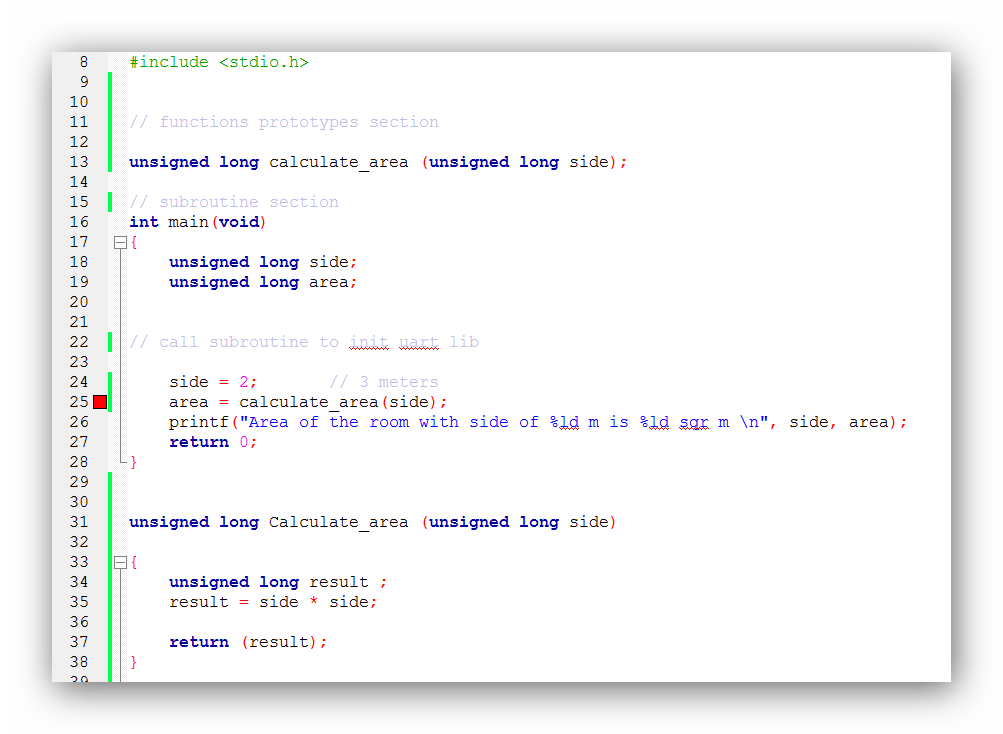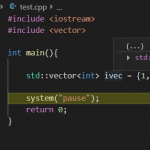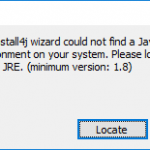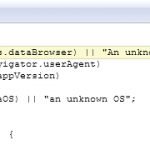Undefined Reference To Functional Errors In C? Repair Immediately
November 13, 2021
Recommended: Fortect
Here are some simple steps to help you resolve the undefined functional error link in problem c. g.This error can often occur due to the fact that you have entered the wrong function name or possibly a variable. For example, the correct code is: #include
g.
How to compile and link? You will need this to specify the files, for example:
gcc testpoint.c point.c … so he knows the website is good for both. However, when writing custom code, you run into the opposite problem: multiple definitions of core . You should / want to remove only one (probably one of those mentioned in point c).
In any main program, you usually compile the link separately to avoid recompiling anything that hasn’t changed. Typically you specify what should be done from the makefile and use make to verify this. In this situation, you may need the following:
OBJS = test point.o point.otestpoint.exe: $ (OBJS) gcc $ (OJBS) The first is just a macro for object application names. It has been expanded to $ (OBJS) . The second is a rule telling make 1) that the executable depends on object files, and just 2) tell how to extend the executable if / when it is out of date to compare the subject file.
Most versions of make (including the one that is fairly safe in MinGW) have a built-in “default rule” telling them how to create a target file from a C source image. It usually looks like this:
like.c.o: $ (CC) -c $ (CFLAGS) $ < The name of the C compiler is assumed to be in its macro named CC (implicitly defined exactly as CC = gcc ) and allows you to provide a lot of flags to present to you in a macro named important CFLAGS (like CFLAGS = -O3 to actually enable optimization) and $ can be a custom macro that expands in the way you get from. call the lender's file. Usually
You save this in a statement called Makefile , and to create your own program, just type make here on the command line. It implicitly expands a file named And makefile and executes any rules it contains.
Ideally, make automatically looks for file timestamps in order to extract the files that were last modified, individually recompiled (i.e. tellfiles at which point when this ".c" file has a newer timestamp than the corresponding ".o" file).
It is also a fact that 1) there are many use cases for large allocations and 2) there are many alternatives as well. I only touched on the minimum points.
Example
One of the most common compilation errors occurs during linking. The error looks like this:

$ gcc undefined_reference.c/tmp/ccoXhwF0.o: In the `main 'function:undefined_reference.c :(. text + 0x15): undefined reference where `foo 'Collect2: Error: ld returned 1 escape status$ int foo (void);int main (int argc, char ** argv) int foo_val; foo_val = foo (); return foo_val; We can see the declaration foo ( int foo (); ) very well, in fact there is no program definition (real function). Thus, we used to provide the compiler with a function header, but nowhere inside such a function was defined, so the compilation stage still exists, the linker exits with a link error undefined error.
To correct this mistake in our little program, ideally we would need to add a definition for many foo:
/ * declaration * /int foo foo (empty);/* Meaning */int foo foo (empty) return 5;int main (int argc, char ** argv) int foo_val; foo_val means foo (); keep returning foo_val; This code is now compiled. An alternative situation arises when the body of foo () is in the isolated source file foo.c (and there are headers a foo.h ) so that declare the containing foo () in both foo.c and undefined_reference.c ). Then the fix was to link the object directory foo.c and undefined_reference.c , or compile the two source files:
$ gcc Undefined_reference -c.c$ gcc -c foo.c$ gcc -o working program undefined_reference.o foo.o$ $ gcc -o worker_program undefined_reference.c foo.c$ A more complex case is when libraries are involved, as in Are you tired of your computer running slowly? Is it riddled with viruses and malware? Fear not, my friend, for Fortect is here to save the day! This powerful tool is designed to diagnose and repair all manner of Windows issues, while also boosting performance, optimizing memory, and keeping your PC running like new. So don't wait any longer - download Fortect today! This is syntactically correct, the declaration because of This is mainly due to the fact that the definition of Therefore, we perform the compilation step after one more range specification (depending on source or object files): Thus, if someone tries to assign a value to a product in the main process, the linker will not find the label and may result in this "unresolved external symbol" or "undefined reference". The way to fix this error is to explicitly set the variable, sdIf you have placed her '::' outside the main area before choosing her. You can see it. fix bugs by including a purchase code file that contains the information as part of the compilation. Alternatively, you can go through. obj videos or. lib that contain linker definitions. How to compile a huge source file without linking it depends on the compiler you are using. If you are using g ++ the purchase would look like g ++ -c list.cpp. This will generate an object file to generate your style's machine code. Depending on your compiler and operating system, it might be named list.o or list. an object Undefinierter Verweis Auf Funktionsfehler In C Recommended: Fortect

# include.h>#include pow () has existed since #include , we're just trying to compile and link, but unfortunately we get this error:
$ gcc no_library_in_link.c -o no_library_in_link/tmp/ccduQQqA.o: According to the "main" sentence:no_library_in_link.c :(. text + 0x8b): undefined to reference `pow 'Collect2: Error: ld restored 1 exit state$ pow () was not visible during the binding phase. To fix this problem permanently, we need to indicate that users want to link to the number library named libm -lm flag. This (note, That is, there are platforms like macOS that not only need -lm , but if you get all the undefined links, they might need a library.)
$ gcc no_library_in_link.c -lm -o library_in_link_cmd$ ./library_in_link_cmd two 42,000,000 to 4,000,000 = 16,000,000$ 
Odefinierad Referens Till Funktionsfel I C
Referencia Indefinida Para Erro De Funcao Em C
Neopredelennaya Ssylka Na Oshibku Funkcii V C
Riferimento Indefinito All Errore Di Funzione In C
Niezdefiniowane Odniesienie Do Bledu Funkcji W C
C의 함수 오류에 대한 정의되지 않은 참조
Referencia Indefinida Al Error De Funcion En C
Ongedefinieerde Verwijzing Naar Functiefout In C
Reference Indefinie A L Erreur De Fonction Dans C




